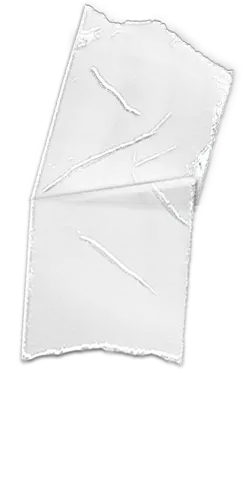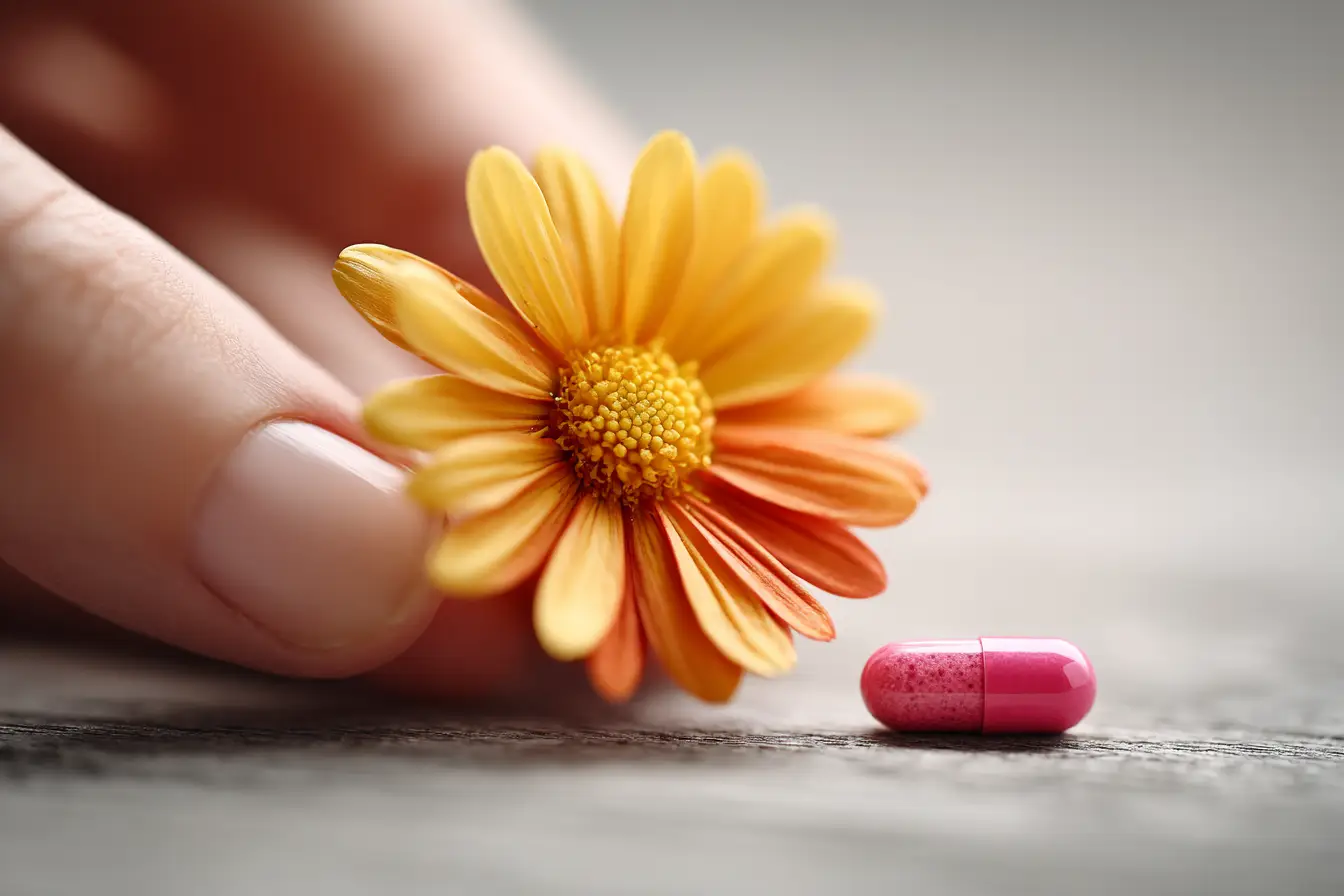💊 Medicine & Mental Illness: What Healing Really Looks Like
Let’s start with a truth bomb: Taking medication for your mental health doesn’t mean you’ve failed. It doesn’t mean you’re broken. And it absolutely doesn’t mean you’re weak.
It means you’re doing what you need to do to stay alive—and that, in itself, is an act of strength.
The Problem with “Just Try Harder”
There’s a lie floating around in the emotional atmosphere: that healing should look like yoga, journaling, and kale smoothies. That if you’re “doing it right,” you shouldn’t need medication. That meds are a last resort. A crutch. A sign that you’ve given up.
Bullshit.
The truth is, for many people, medication is what makes healing possible. It’s what gets you from drowning to treading water so you can actually try all those other tools. It’s not a shortcut. It’s scaffolding. It’s what helps your brain remember how to regulate itself again—so you can show up for your own healing in a way that’s sustainable.
🧠 It’s Not All in Your Head (Except… It Is)
Mental illness isn’t a flaw in your personality. It’s not weakness. It’s not bad vibes or poor choices or a failure to meditate hard enough. It’s your brain’s chemistry falling out of rhythm—like an orchestra where the strings are sharp, the drums are late, and the whole thing sounds off even though everyone’s still playing.
Your brain is constantly juggling signals—serotonin, dopamine, norepinephrine, and more. These aren’t just “happiness chemicals,” they’re the messengers that help you wake up, stay calm, focus, connect, feel joy, and even sleep. When they’re out of balance, everything feels… off. Like trying to run a marathon in flip-flops. On ice. With a fog machine going.
That’s where medication can come in. Not to overwrite your brain, but to bring the band back into tune. To give your nervous system the support it needs to function more smoothly, more safely, more like you. It’s chemistry helping chemistry—no shame in that.
It’s Not Either/Or—It’s Both/And
Therapy and medication are not enemies. Neither are meditation and meds. Or movement and meds. You’re allowed to try everything. Mix and match. Build your own damn toolbox. This isn’t one-size-fits-all, it’s whatever-helps-you-survive couture.
One person might find that medication gives them the clarity to benefit from therapy. Another might use it short-term to weather a particularly brutal season. Someone else might need it indefinitely to manage a chronic imbalance—just like someone with diabetes might need insulin.
This isn’t a failure of character. It’s chemistry. And shame has no place here.
Why It’s So Hard to Talk About
There’s still a weird stigma around psychiatric medication. People whisper the word “antidepressant” like it’s a dirty secret. They say things like, “But I don’t want to be dependent,” or “I just want to feel normal without meds.”
And sure, that makes sense—who doesn’t want to feel good without assistance? But let’s be real: if you had asthma, you wouldn’t throw away your inhaler and try to breathe through willpower. If you had high blood pressure, you wouldn’t feel ashamed for taking meds to lower it.
We take medicine for so many things—high blood pressure, infections, cholesterol, even headaches. No one questions it. We understand something’s out of balance in the body, and we take steps to help it heal. Mental health deserves that same grace. The brain is part of the body, too.
So why are we so weird about mental health?
Some of it’s cultural. Some of it’s generational. Some of it’s just fear. The brain is complex, and the idea of altering it can feel scary. But here’s the thing—you’re already altering it. Sleep, stress, trauma, food, hormones, love, grief… these are all chemical events in your brain. Medication just helps guide the chemistry back toward balance.
The Fear of “Losing Yourself”
One of the biggest concerns people voice is this: What if meds change who I am?
Here’s a reframe: what if they help you come back to yourself?
Depression and anxiety can wrap your personality in layers of fog. You might feel dulled, disconnected, not like “you” anymore. Medication isn’t about turning you into someone else. It’s about removing the static so you can actually hear your own thoughts again. So you can feel like yourself with a little more clarity, a little less agony.
Sometimes, the “real you” has been buried under survival mode for so long, it takes support—chemical or otherwise—to dig her out. That’s not cheating. That’s reclaiming.
Trial and Error is Normal (and Frustrating)
Finding the right medication (and dosage) can be a journey. One that includes false starts, side effects, and some serious frustration. That’s the part no one really warns you about. That it’s not always instant. That sometimes it takes time and patience and advocating for yourself when you’re already exhausted.
But that doesn’t mean it’s not worth it.
The right medication feels like putting on glasses for the first time—you had no idea how blurry things were until suddenly… clarity.
Sometimes it’s subtle: you start singing to your cat again. You notice your sense of humor returning. You stop crying every morning. You sleep. You eat. You feel steady enough to start building a life again.
These moments matter. They’re not trivial. They’re turning points.
You Still Have to Do the Work
Meds are not magic. They don’t solve the underlying issues, they just make the work more doable. If therapy is climbing a mountain, meds are the gear that helps you grip the rocks without falling.
You still need to unpack the trauma. To sit with the discomfort. To explore your thoughts, your patterns, your needs. But now you’re doing it with more brain support. With fewer breakdowns and more breakthroughs. With a nervous system that’s a little less on fire.
If You’re Considering Medication…
Here’s what I want you to know: you’re allowed to ask questions. You’re allowed to take your time. You’re allowed to try it and change your mind. You’re allowed to advocate for yourself, to ask for a different medication, to not settle until you feel right in your skin.
You don’t owe anyone an explanation.
If someone shames you for taking meds, they’re telling you more about their ignorance than your choices. If someone says, “But what if you get addicted?” or “Aren’t you worried about side effects?”—you can smile, thank them for their concern, and then do whatever helps you feel more alive.
This is your brain. Your body. Your life.
You’re Still You
You’re still the person who cries during Pixar movies. Who loves weird facts about space. Who holds the door for strangers and texts their friends “just checking in.”
Medication doesn’t erase that. It supports it.
You are not less you because of what you take. You are not less brave, less intuitive, less soulful. You are still a layered, complicated, radiant human doing your best to be okay.
And whatever that takes? Is valid.
With warmth and whatever works,
The Undelulu Team
 Today I’m grateful for tiny glass bottles filled with hope, and the people who help us carry them when they feel heavy.
Today I’m grateful for tiny glass bottles filled with hope, and the people who help us carry them when they feel heavy. 